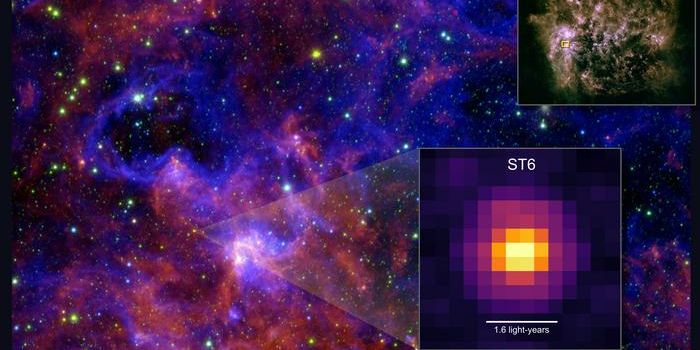Using neural networks to predict epilepsy
New research published in EPJ B highlights how neural networks can be used in order to predict the occurrence of an epileptic episode. The study was led by Fahimeh Nazarimehr at the University of Technology in Tehran, Iran.
In conducting the study, Nazarimehr contemplated the influence of neural network branches on the activity of neurons themselves: in other words, how does form affect function? Past research has signaled that perhaps neurons slow at the branching points within networks, but this idea had not been fully investigated until now.
“We investigate epileptic seizures with the help of bifurcations in the network of neurons. The bifurcations of these neurons are investigated in one-layer and multi-layer network with different coupling strength,” write the authors.
Nazarimehr's team enhanced the models that they used in order to improve the sensibility of their models to larger and more complex neural networks. They considered both the dynamics of complex neuron networks and those of isolated cells, in turn comparing how branching influences a network’s dynamics.
The team's findings provide a more intricate look at the structure of the human brain. This information on electric currents within neural networks could be used to ultimately predict epileptic episodes as well as other suddenly-occurring episodes like asthma attacks. The team hopes that one day their research will be helpful in developing early warning systems for patients.
Sources: EPJ B, Eureka Alert








